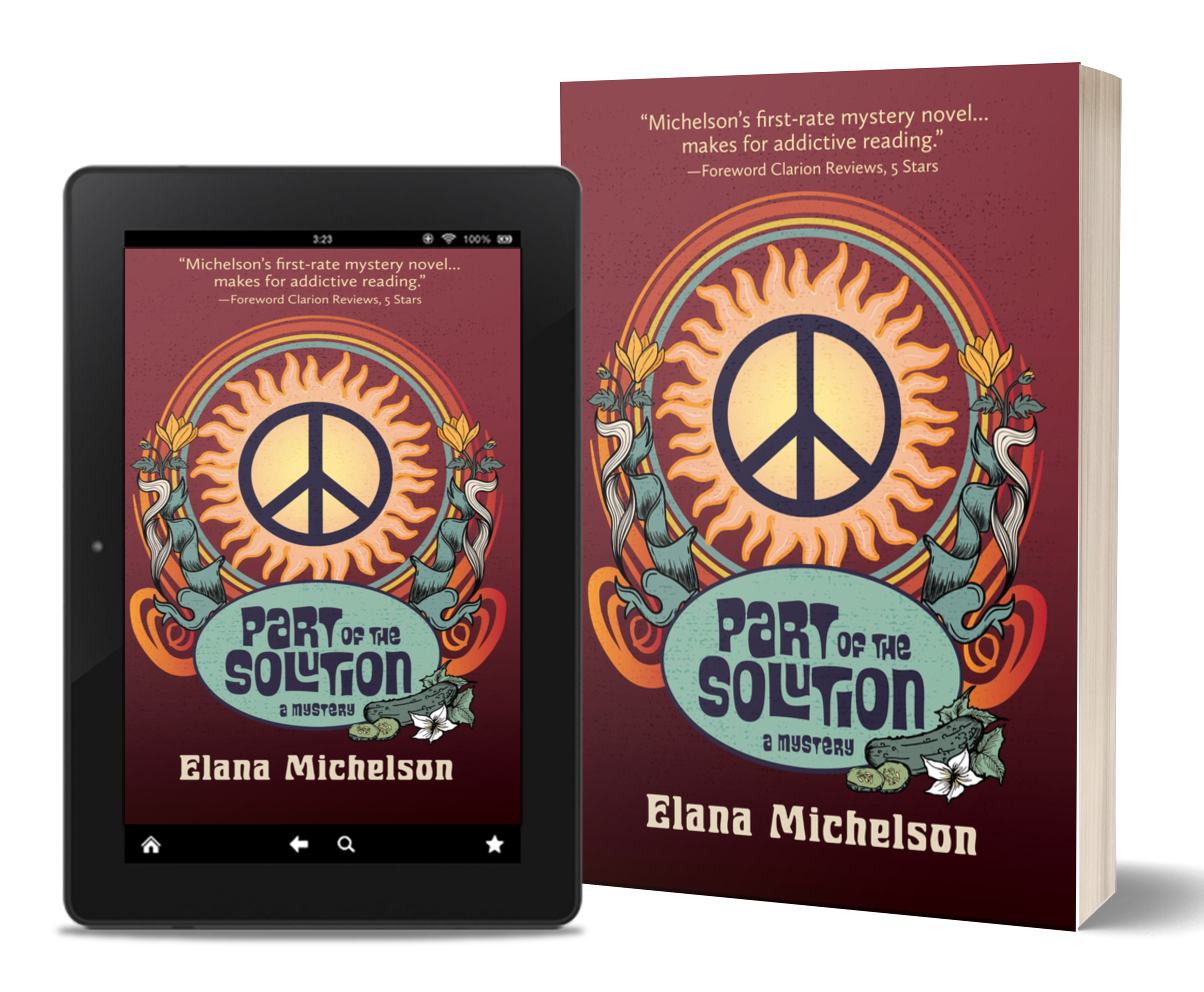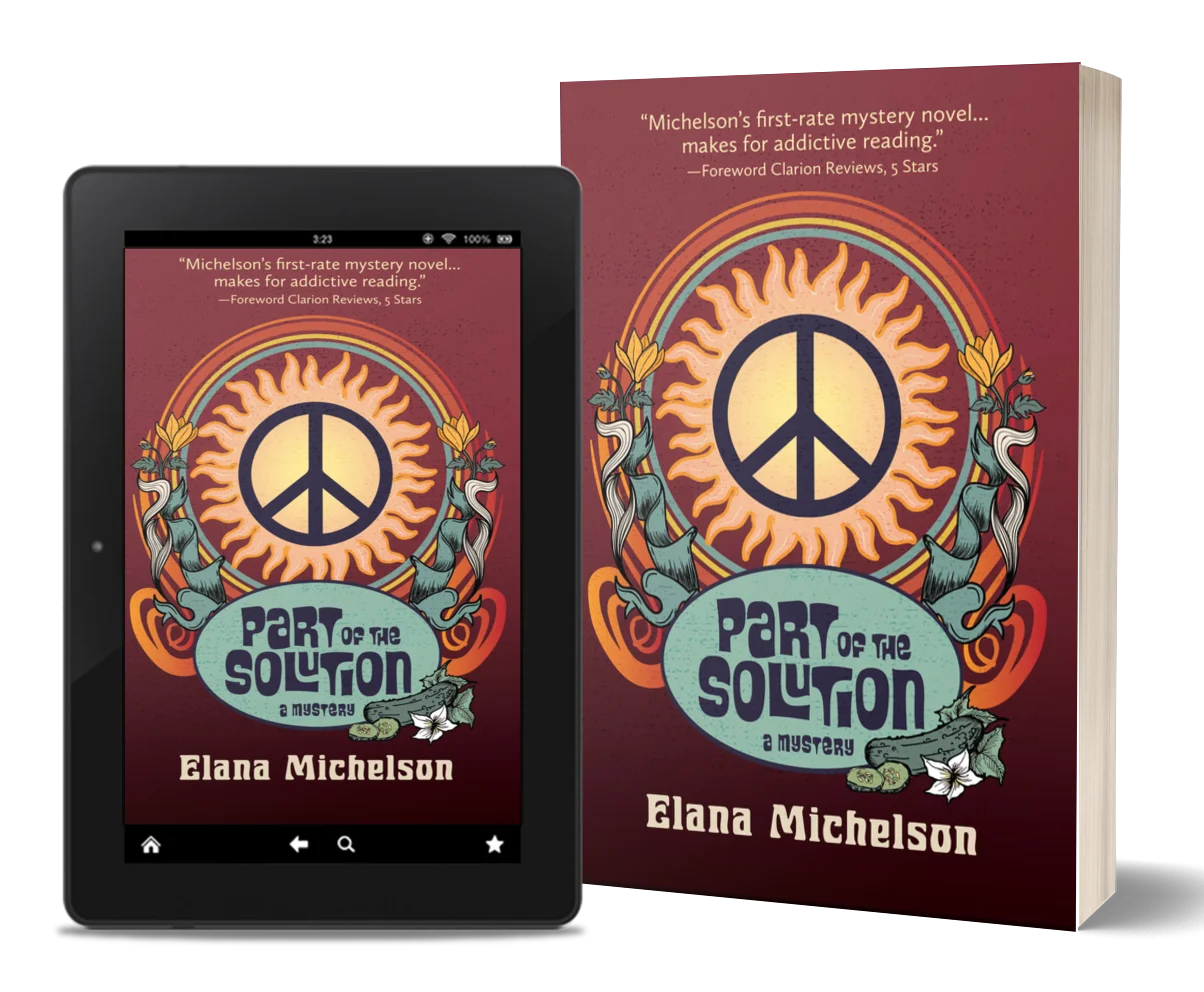Blog
What a strange, strange moment to be publishing a murder mystery that takes us Boomers back to our twenties and records, in some small way, moments of idealism and disillusionment. What did I know at 28, when the first version of this novel was written? That the world was complicated? That the good guys didn’t always win? I think I knew that at 28. I certainly know it now.
Here’s what happened: I had just finished a dissertation on the 19th century English novel. I had nursed my intellectual exhaustion that year by escaping into classic murder mysteries, the kind that embed all the clues where you aren’t looking, that feature an amateur detective who is at least one step ahead of the professionals, and that cluster the victims and suspects in what George Eliot (speaking of nineteenth century English novels) would have called a knowable community. Having finally gotten out from under the slow torture of dissertation-writing and knowing that I would never have such disciplined work habits again, I sat down to write my own murder mystery. I plotted it out, created characters out of amalgams of my friends, invented a little hippie village in the Berkshires, and rented a house in Cape Breton, Nova Scotia to write. I set it in what was then the present day, among people who, like me, were politically passionate, culturally hip, and appalled to be approaching their thirtieth birthdays.
It all went well when I was finished. I landed a William Morris agent and got the book accepted by a mainstream publisher that specialized in murder mysteries. I was set. But then my editor moved to another publishing house, and the whole deal fell apart. I was devastated. I swore I would never write fiction again. Over time I got used to being yet another English professor with an unpublished novel in a drawer.
And thirty years went by.
On a whim, a few years ago, I pulled a (typewritten!) copy of the novel out of that drawer. (Well, not that drawer – I’d moved a lot over the years.). I found the characters a bit broad. I found the dialogue a bit sophomoric. But the plot held up, and the hopeful, idealistic community I had created broke my heart. So I set out to rewrite the book, this time as a retrospective in which my affection for the earnest twenty-somethings we had been could be met with some hard-earned ruefulness. In literary terms, I rewrote it as a period piece, and as a comedy of manners. I rewrote it (to quote Henry James – oh God, I am still such an English major) as the story of a moment in which a life gets complicated by a regret.



